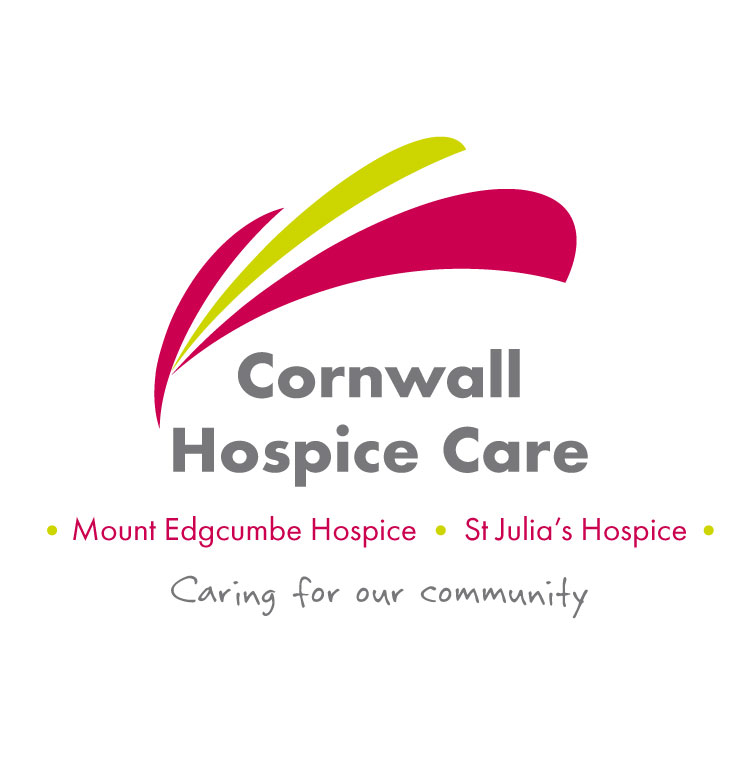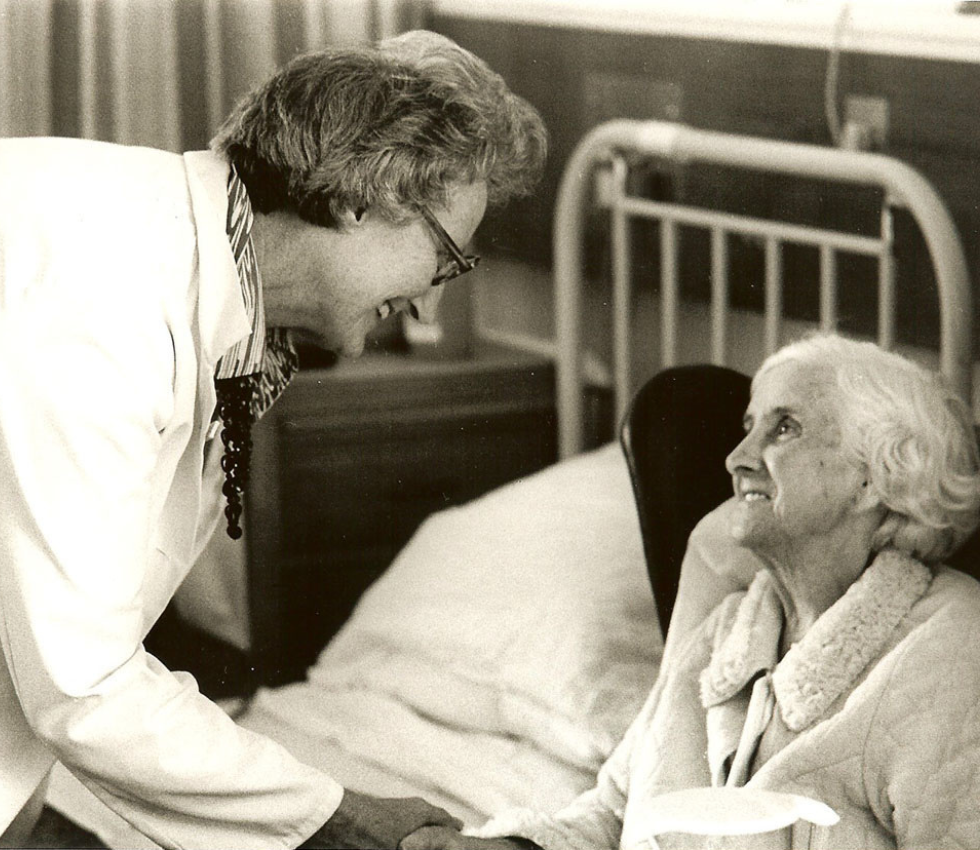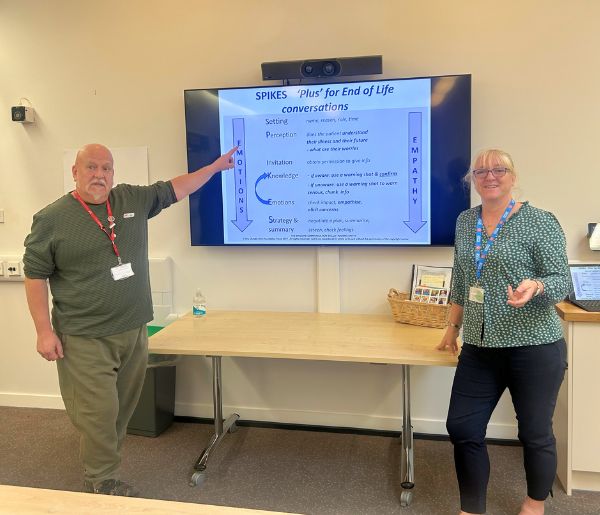Coaching conversations training workshop
Coaching skills help to create a culture in which we encourage people to be resourceful. It helps us to work together to find out what motivates people to improve their health and wellbeing.
The coaching conversations accredited training helps you to understand how to use coaching within a clinical or professional role. It shows when and where a coaching approach is effective and how you can use these skills in everyday conversations.
We have designed the workshops to help you to deal with situations that require a behaviour change focus. The training helps professionals to have coaching-oriented conversations with their clients.
Using coaching skills will help focus conversations on what really matters to the individual about their health and to explore what the barriers are to them achieving their desired health outcomes.
Coaching skills will help professionals to support the patient to focus on their own resourcefulness, It will also increase their confidence in managing their health and wellbeing. This, in turn will help people to start to explore how they can change their behaviours to have better health outcomes.
This is a fast-paced, challenging, and interactive workshop. It focuses on skill practice and development. It promotes peer challenge and support to create a community of practice.
To book your place on this 2-day workshop with half day follow-up, please visit NHS Cornwall and Isles of Scilly website cios.icb.nhs.uk
















